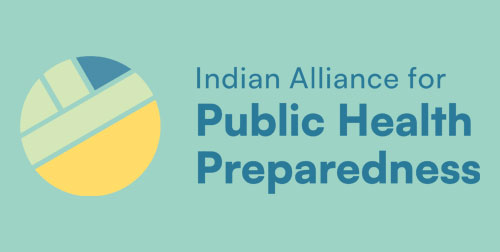Working Papers & Publications
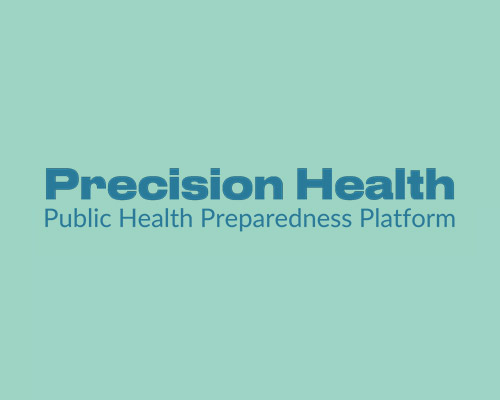
Making Waves: A justice-centred framework for wastewater-based public health surveillance
Since 2020 wastewater-based surveillance has quickly been established as an effective and cost-efficient tool for monitoring global public health. In this Making Waves article, we argue that these programs must be grounded in principles of justice to achieve global water and health equity.

The First Large-Scale Wastewater Surveillance of AMR to inform Hyperlocal Antibiotic prescribing: A Study from Bengaluru, India
Community level antibiotic resistance data is needed for guiding antibiotic prescriptions at the local level, which national databases may be unable to provide. The article hypothesized that wastewater could have potential to detect local AMR patterns cost-effectively on a real time and longitudinal basis.

Building health system resilience and pandemic preparedness using wastewater-based epidemiology from SARS-CoV-2 monitoring in Bengaluru, India
The article presents the findings of a sense-making tool that the platform developed for interpreting emerging signals from wastewater data to map disease progression and identify the inflection points in the epidemiological curve.

Surveillance of SARS-CoV-2 RNA in open-water sewage canals contaminated with untreated wastewater in resource-constrained regions
Sewage-based surveillance for COVID-19 has been described in multiple countries and multiple settings. However, nearly all are based on testing sewage treatment plant inflows and outflows using structured sewage networks and treatment systems.
Toolkits
Environmental Surveillance for COVID-19 - The Playbook
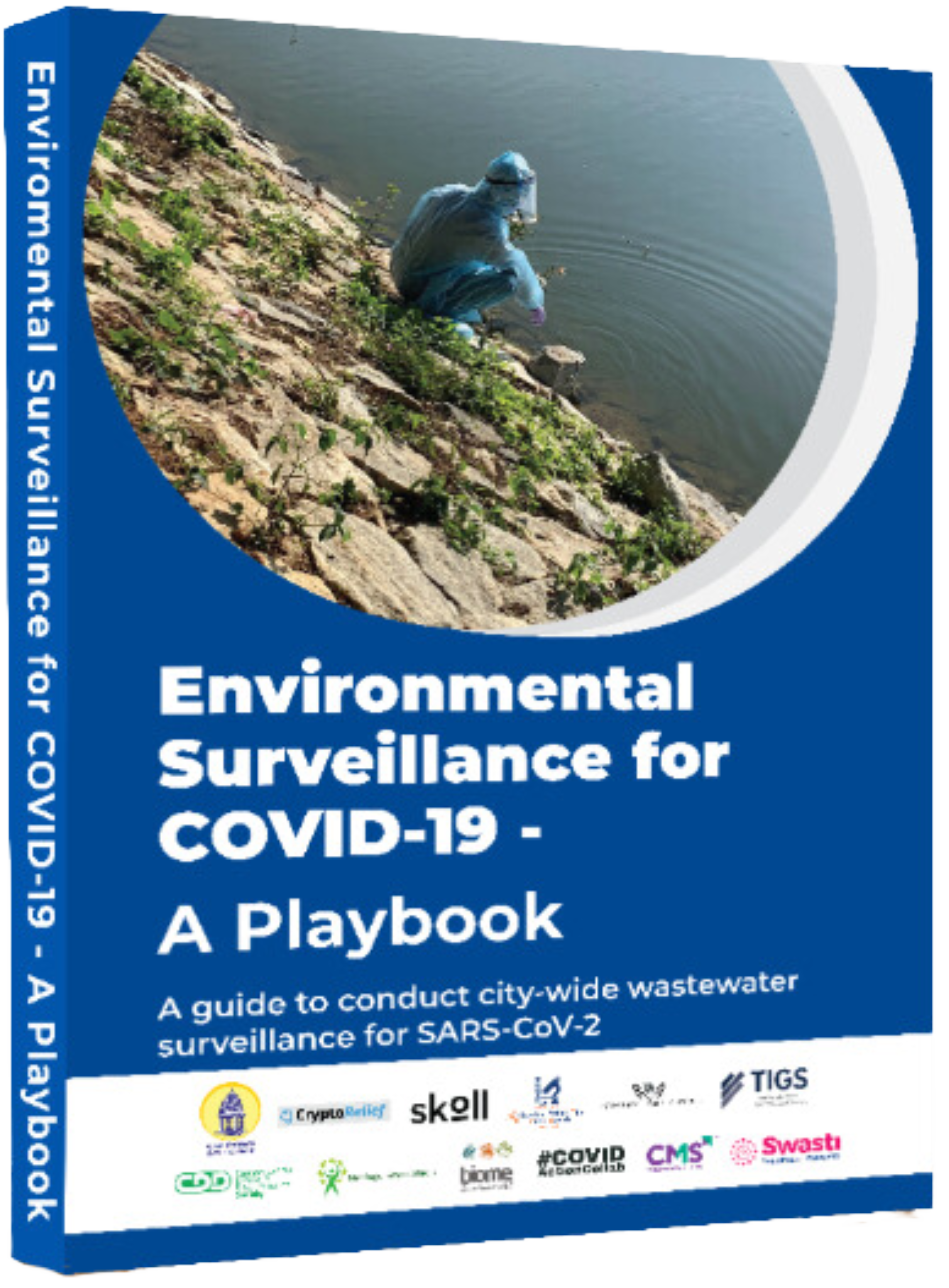
Platform’s learnings and knowledge accrued through implementation, discussions and problem-solving from the Environmental Surveillance for COVID initiative in Bangalore have been collated and documented in a playbook.
This Playbook was launched in the One Year Anniversary event of Precision Health and will serve as a guiding document for other cities to undertake ES initiatives. Access the full playbook here!
Understanding Dengue and Malaria: A User Guide
This guide provides essential information on the causes, symptoms, seasonal patterns, and preventive measures for Dengue and Malaria, aiming to empower and protect vulnerable populations through increased awareness and practical advice on personal and environmental protection.
The guide aims to enhance community health practices, reduce disease incidence, and support ongoing efforts in disease prevention and control.
PHP x IAPHP Newsletters
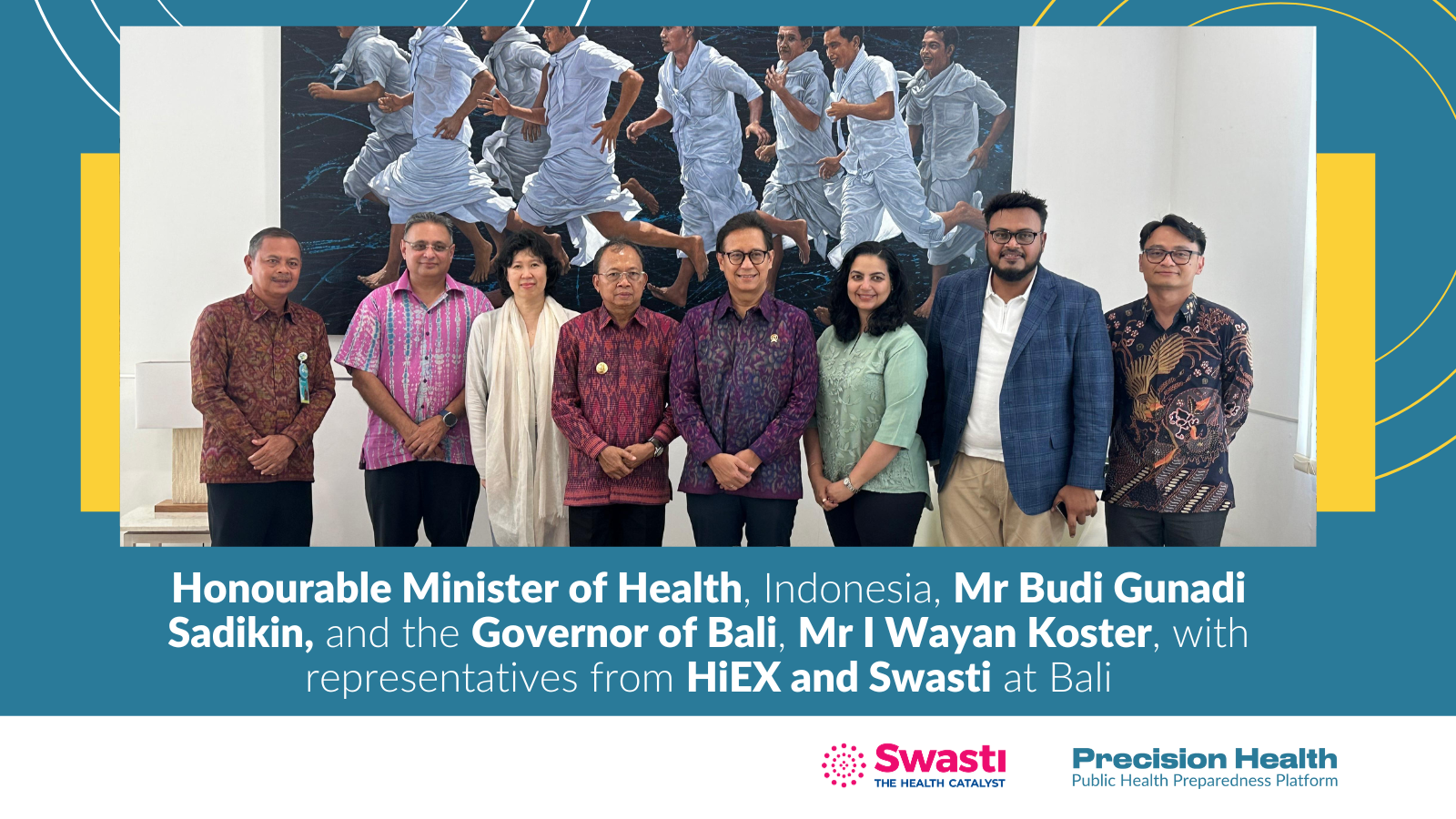
Newsletter | December'25
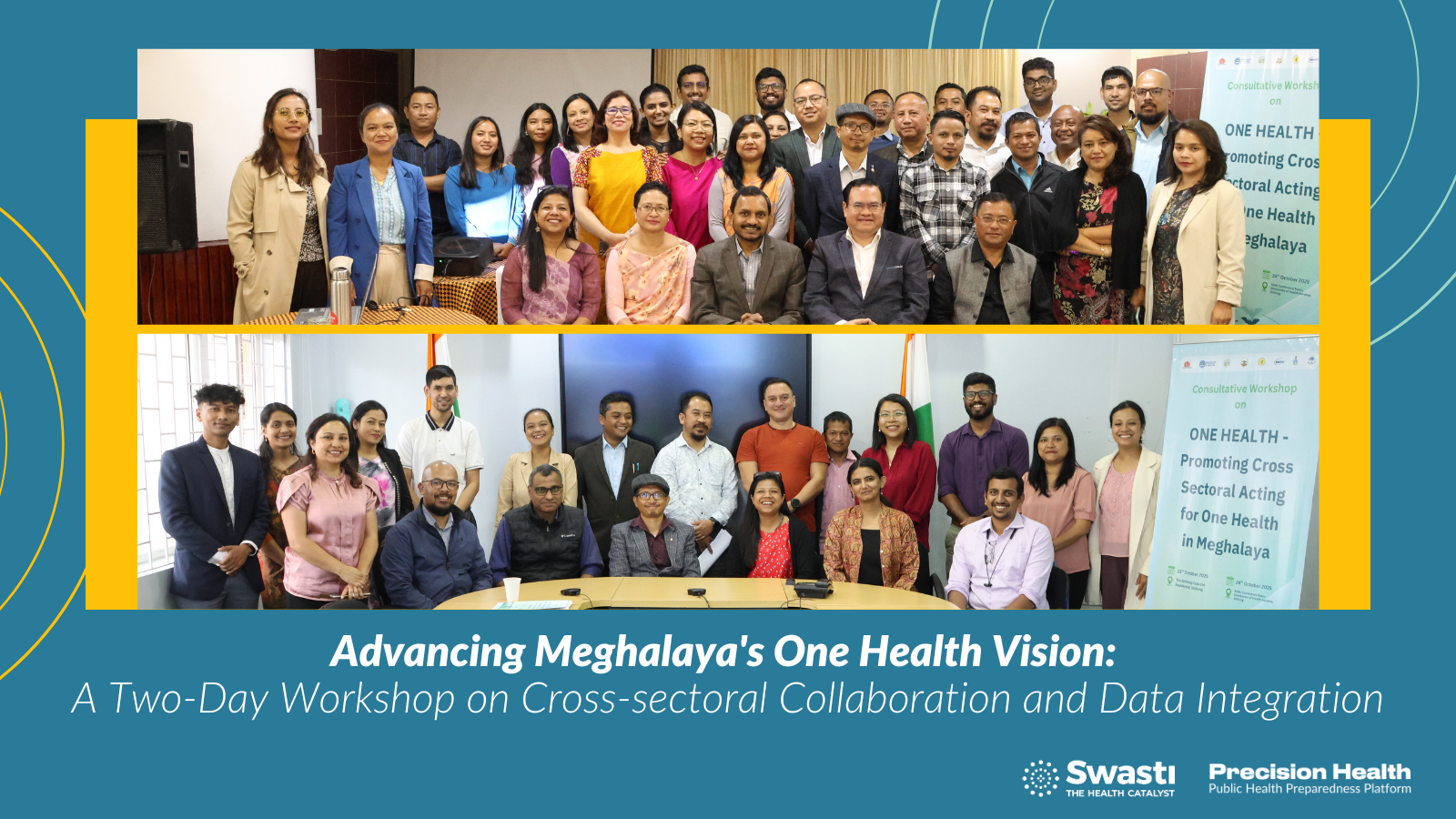
Newsletter | November'25
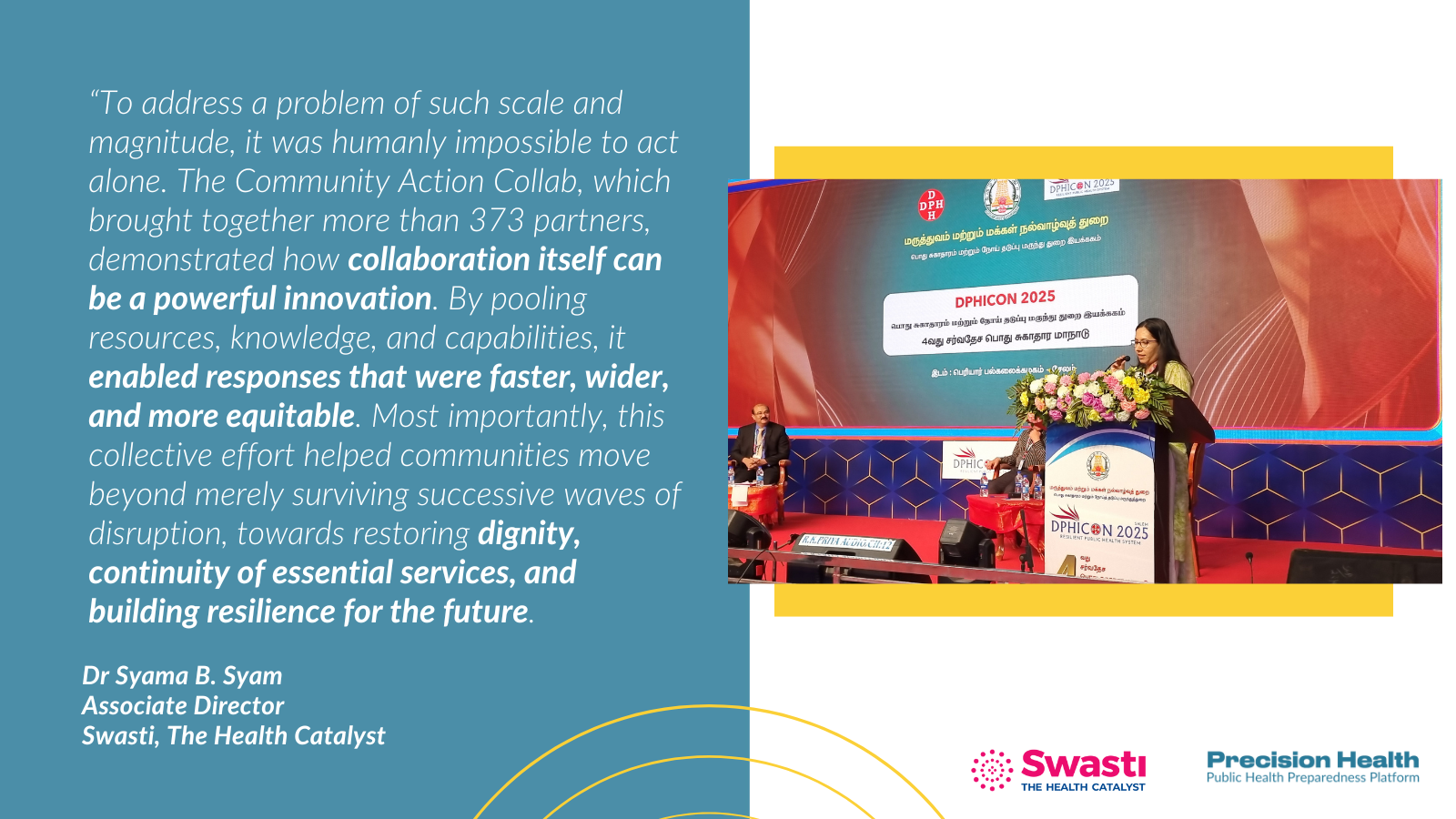
Newsletter | October'25
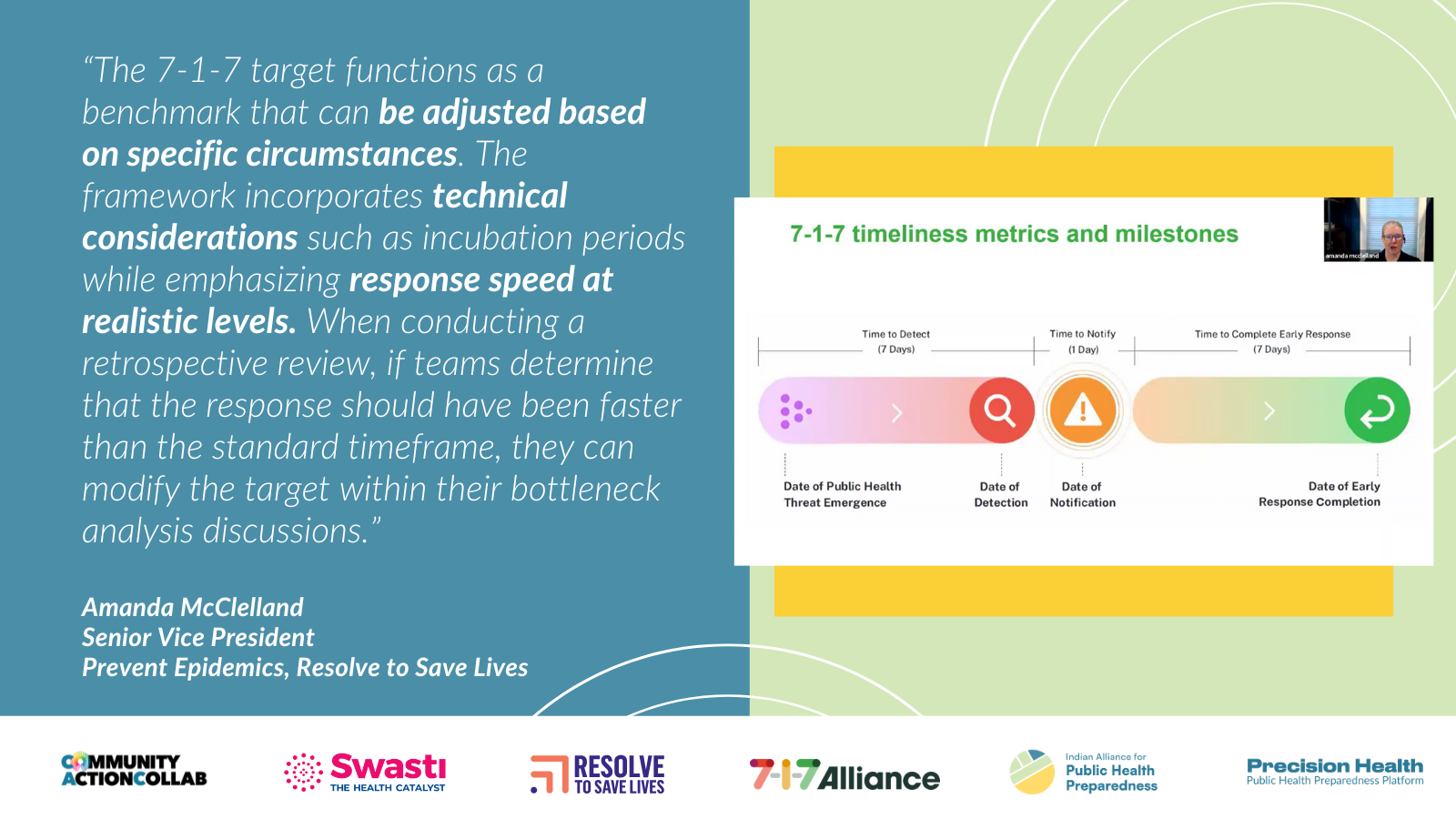
Newsletter | September'25
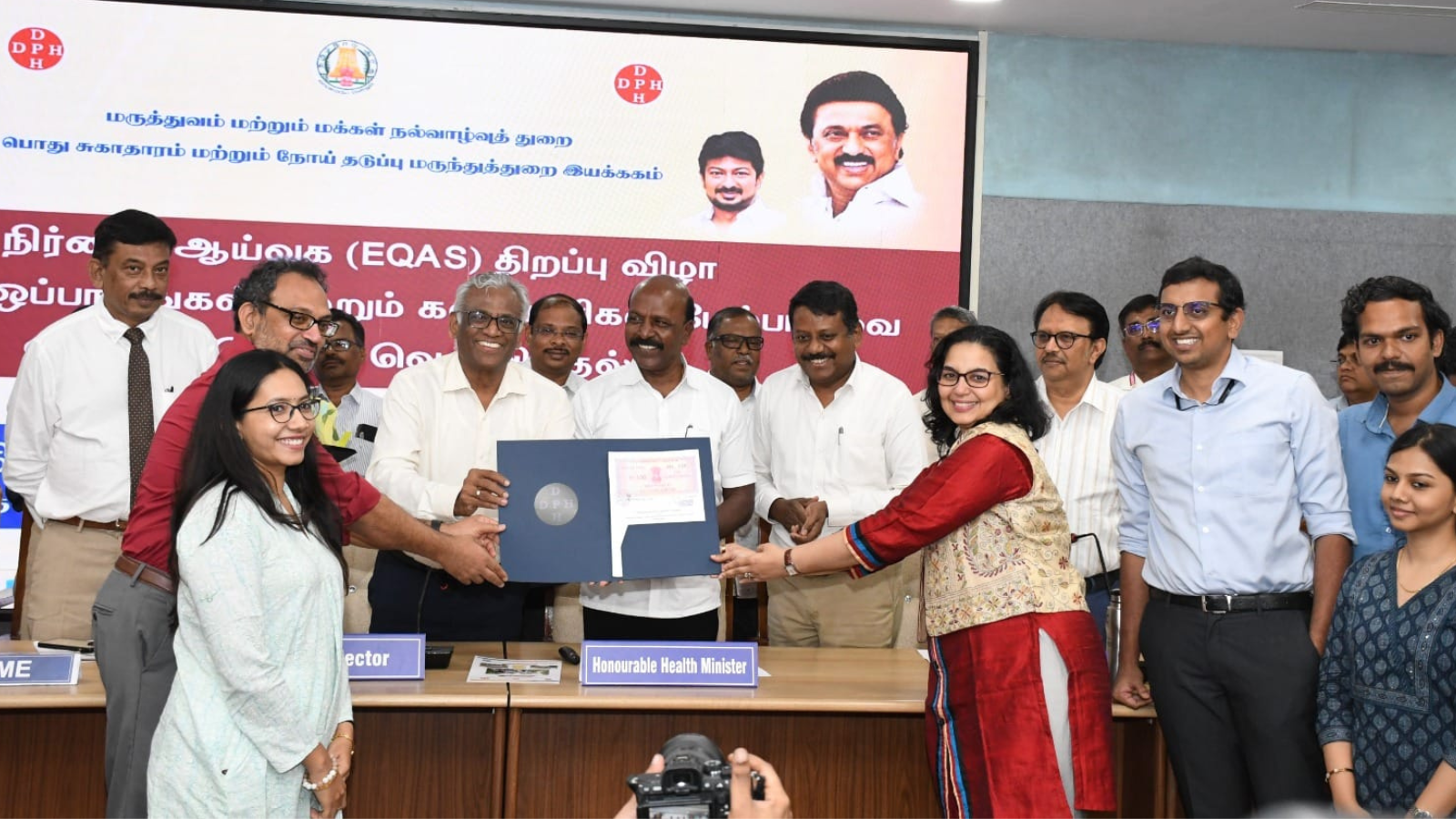
Newsletter | August'25

Newsletter | July'25
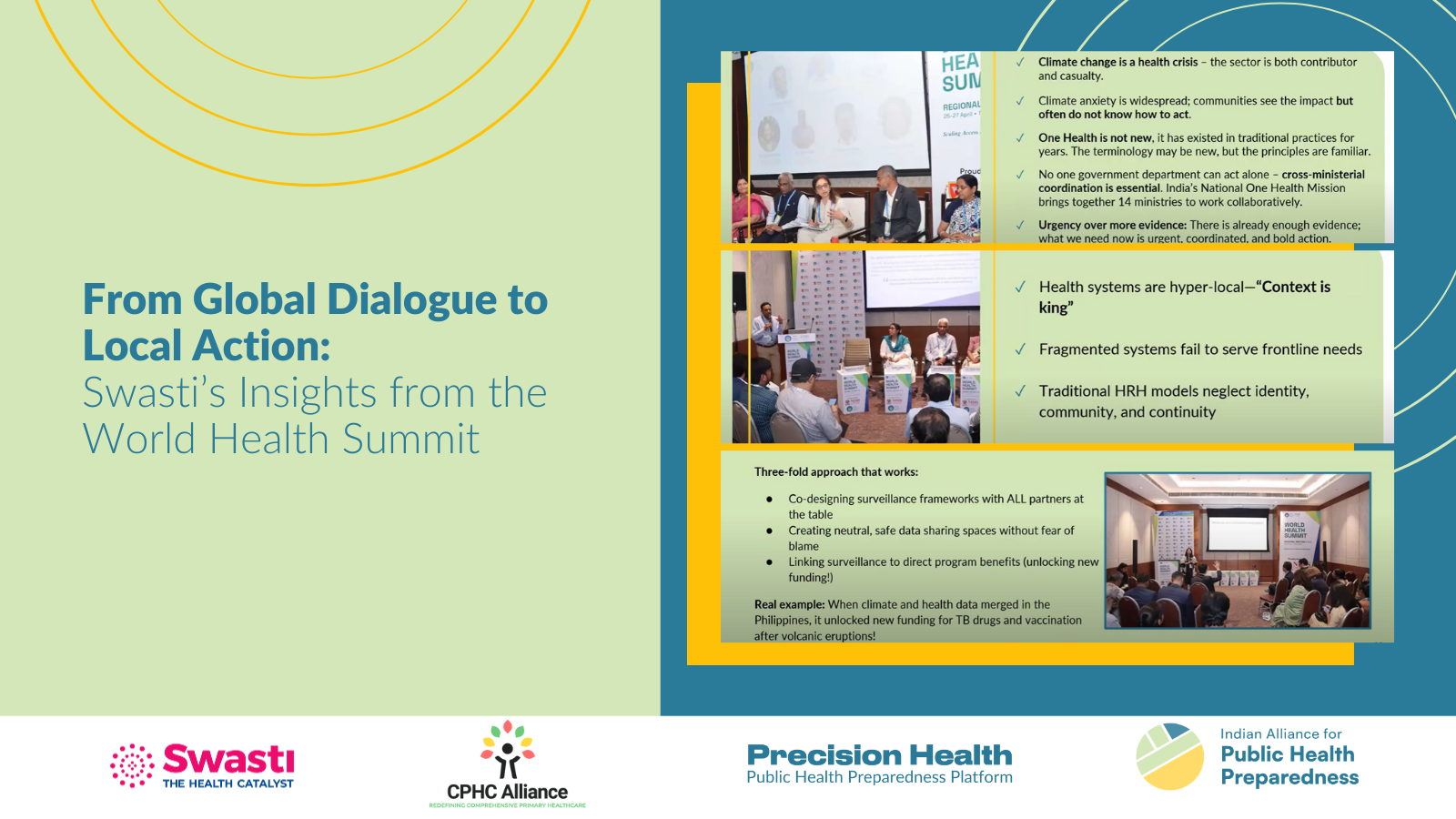
Newsletter | June'25
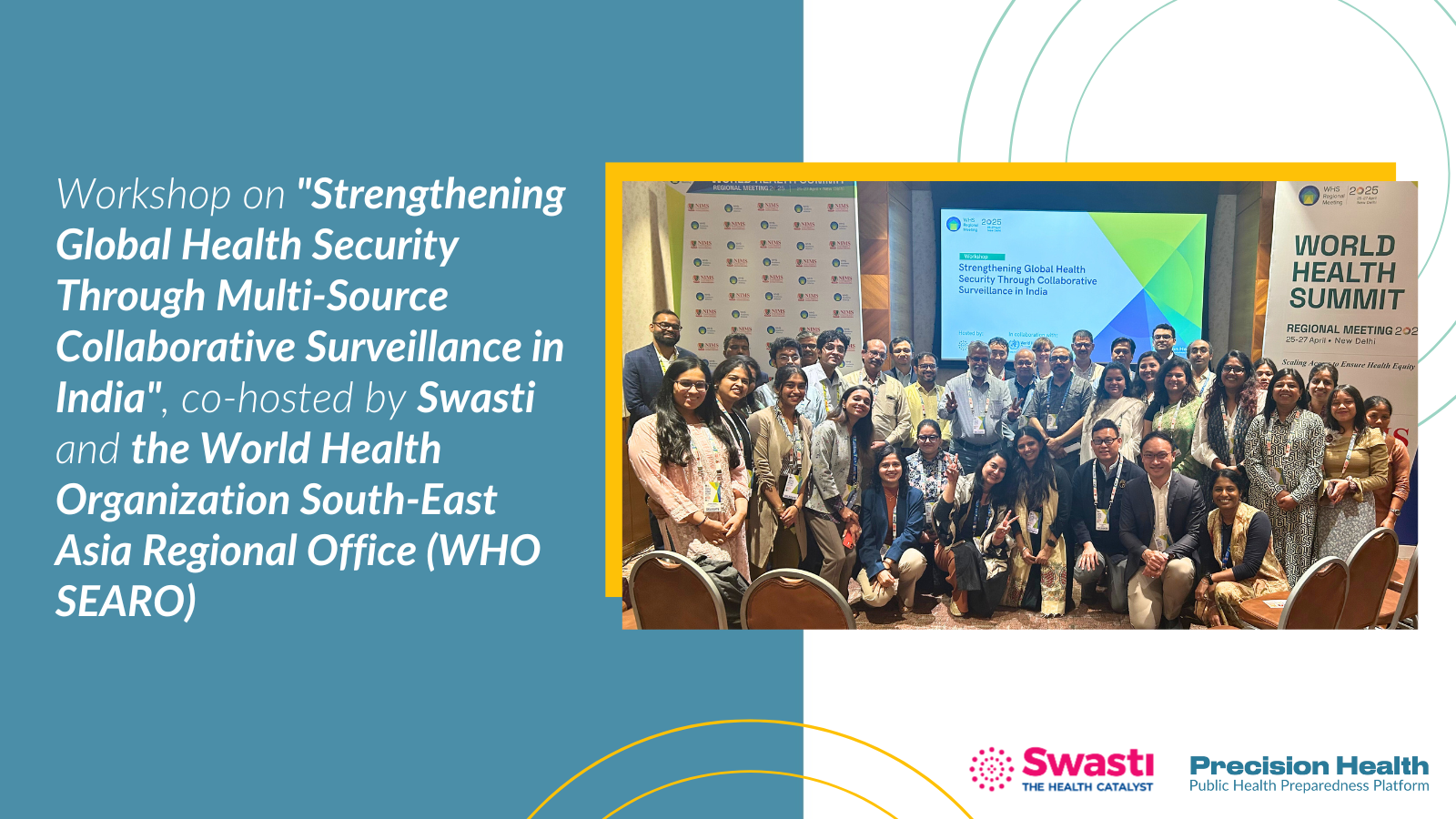
Newsletter | May'25
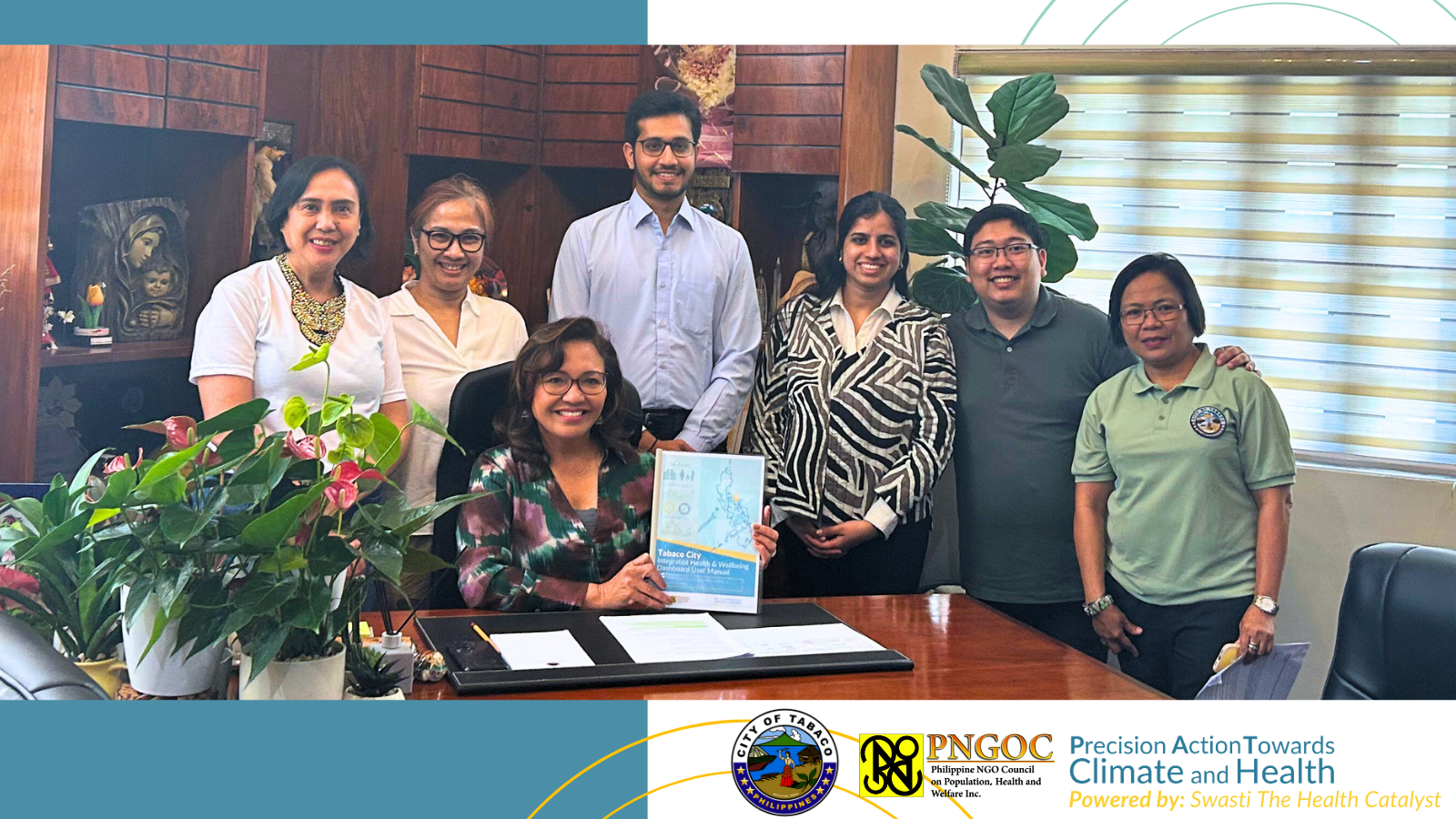
Newsletter | April'25
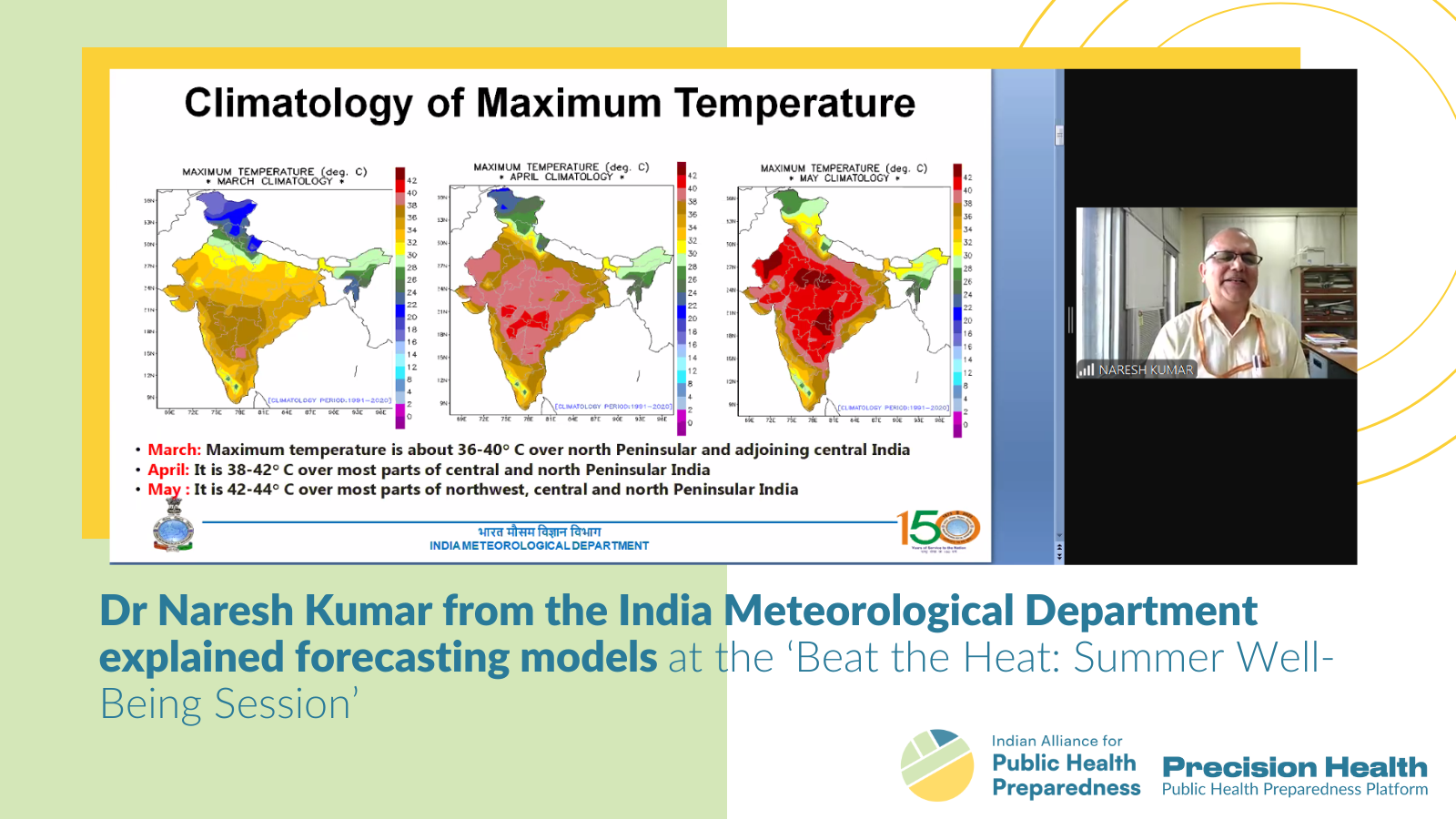
Newsletter | March'25
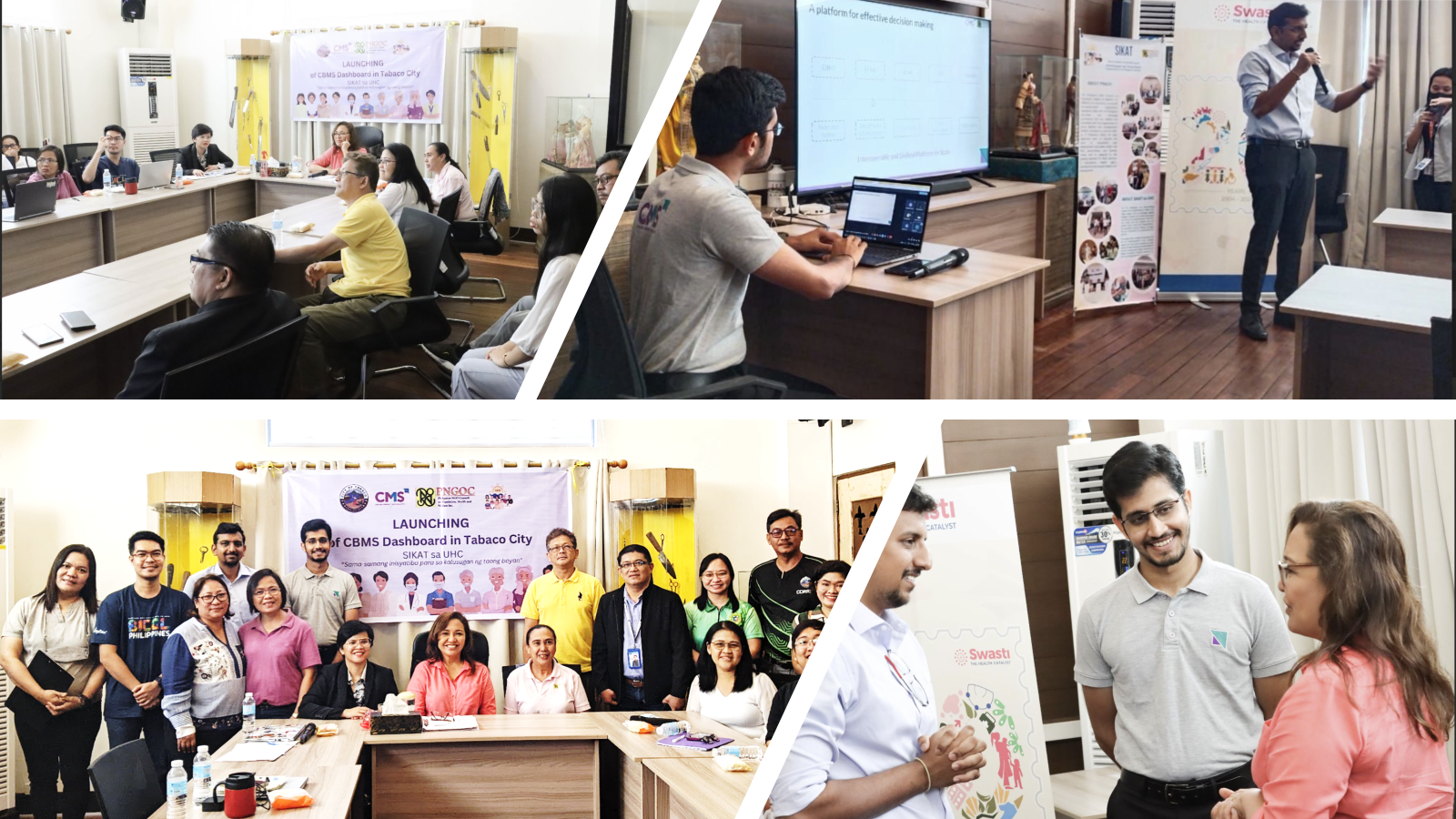
Newsletter | January'25
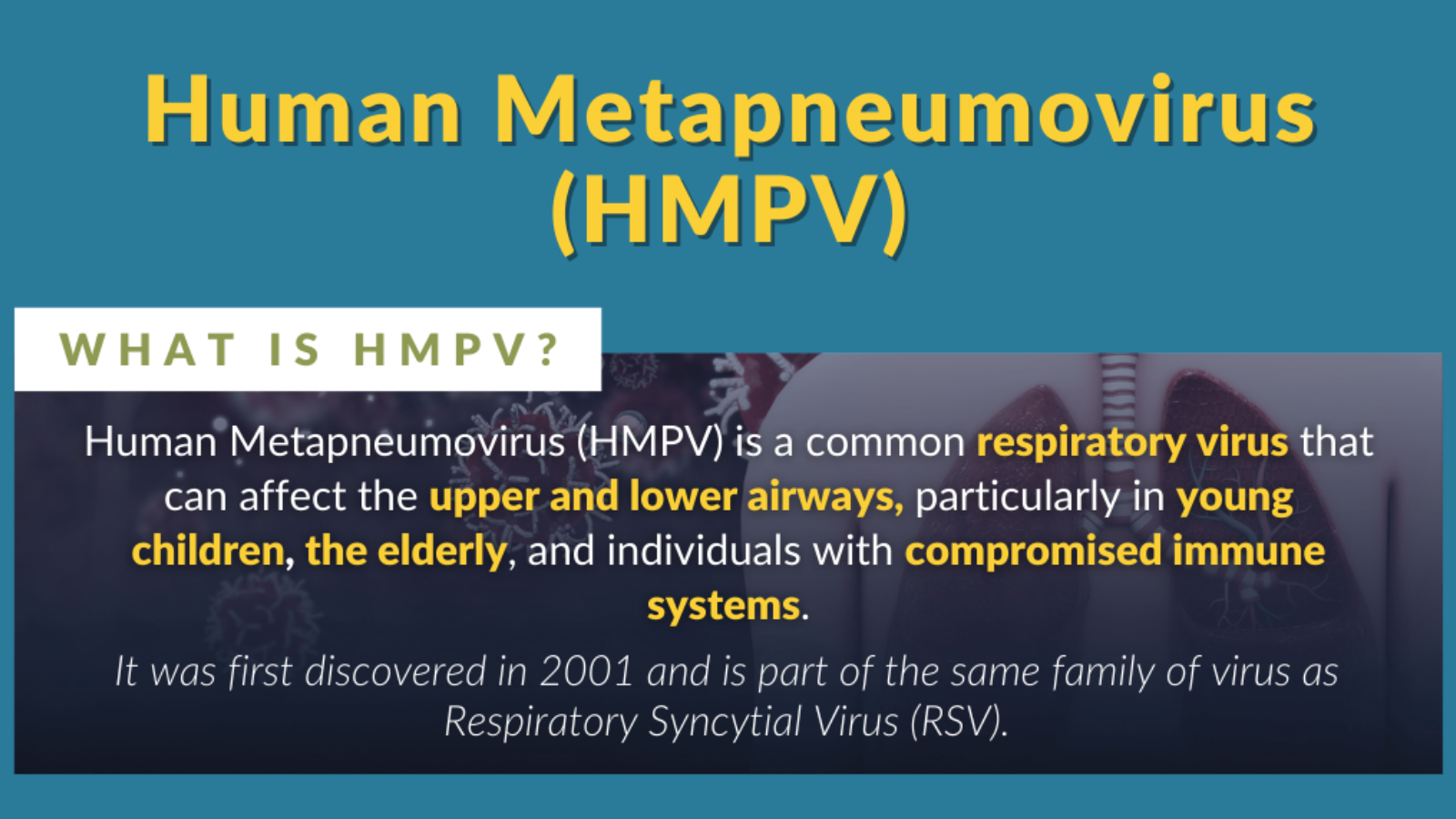
Newsletter | December'24
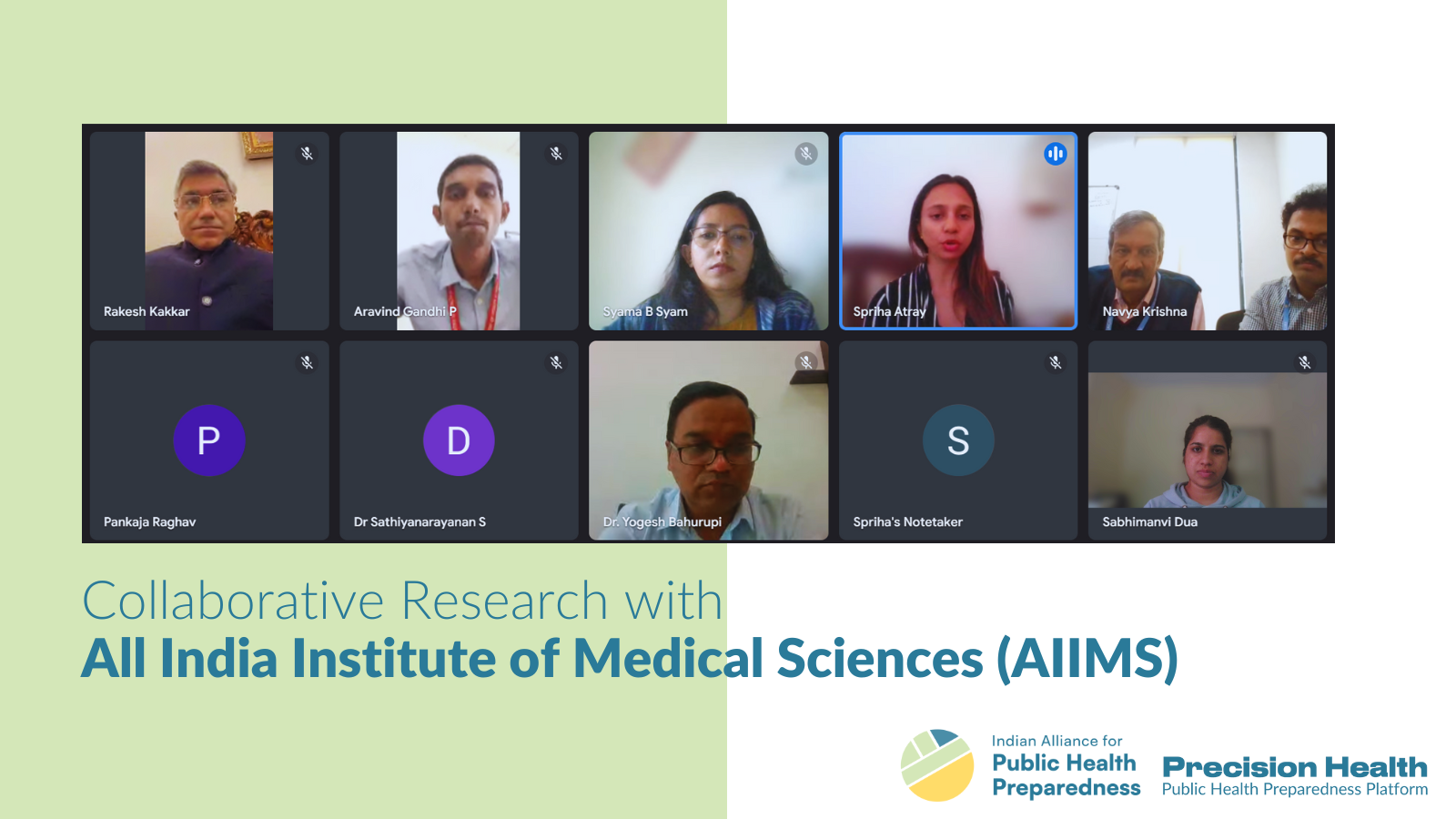
Newsletter | November'24

Newsletter | October'24

Newsletter | September'24

Newsletter | August'24
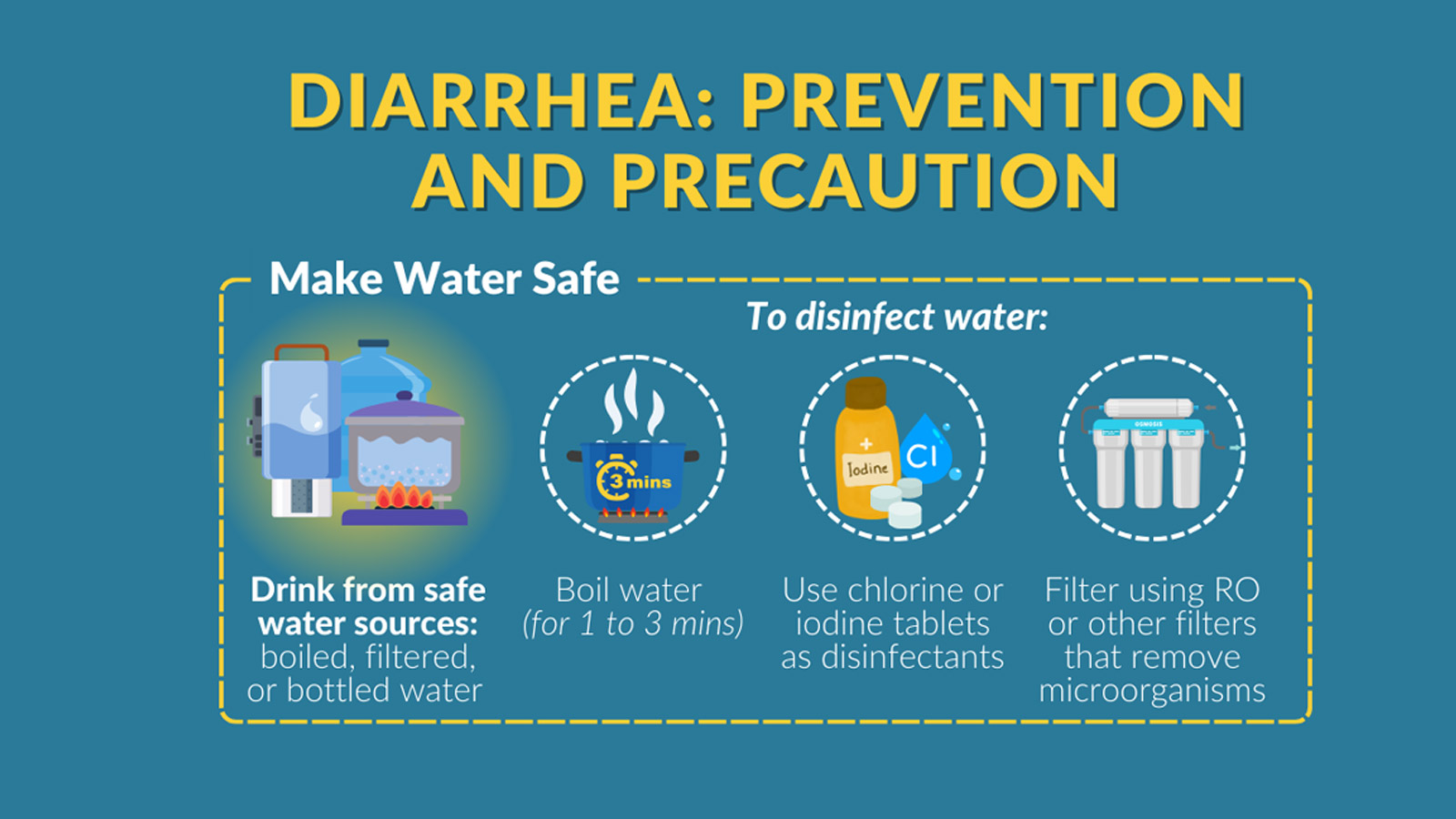
Newsletter | July'24
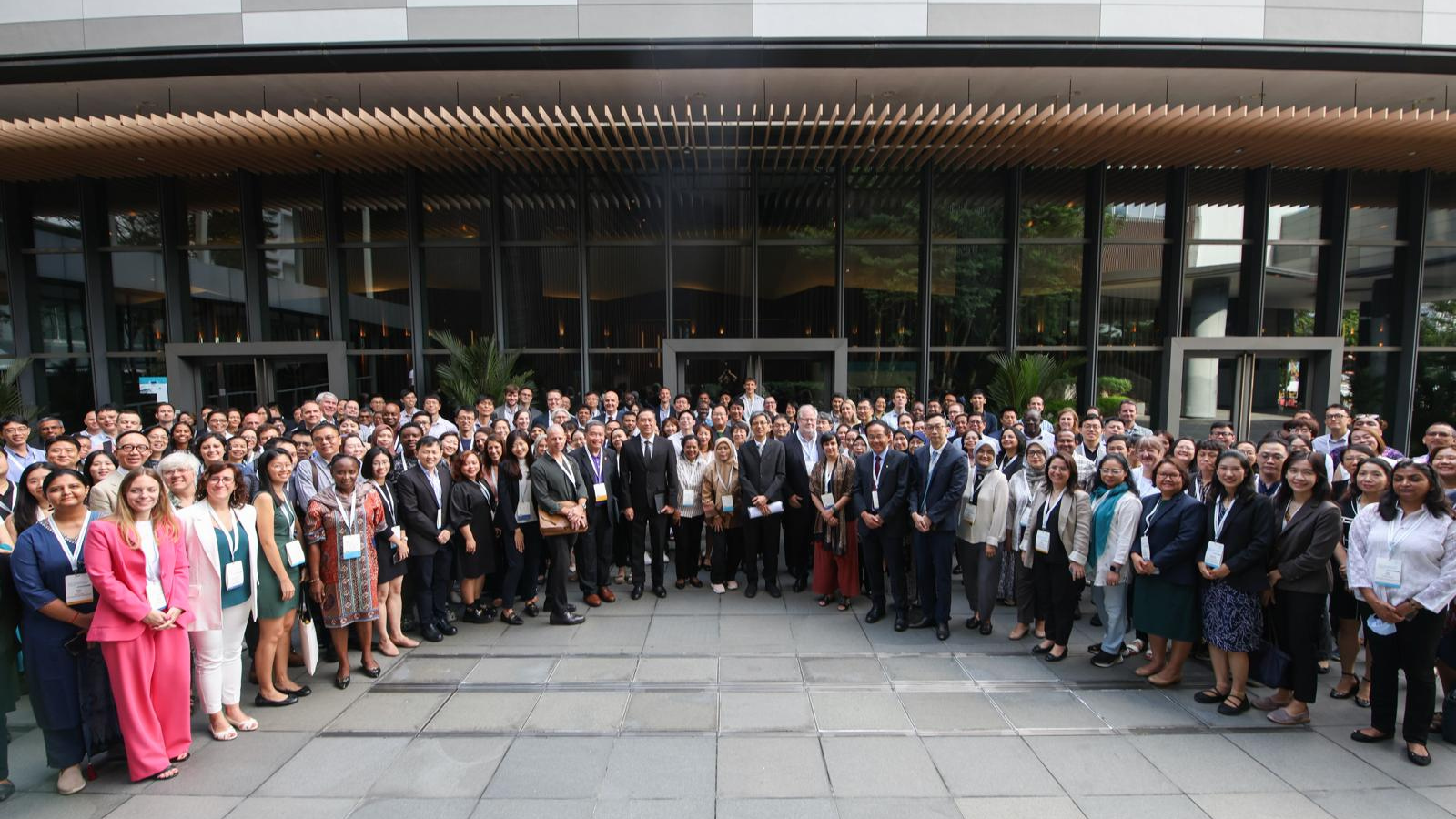
Newsletter | June'24
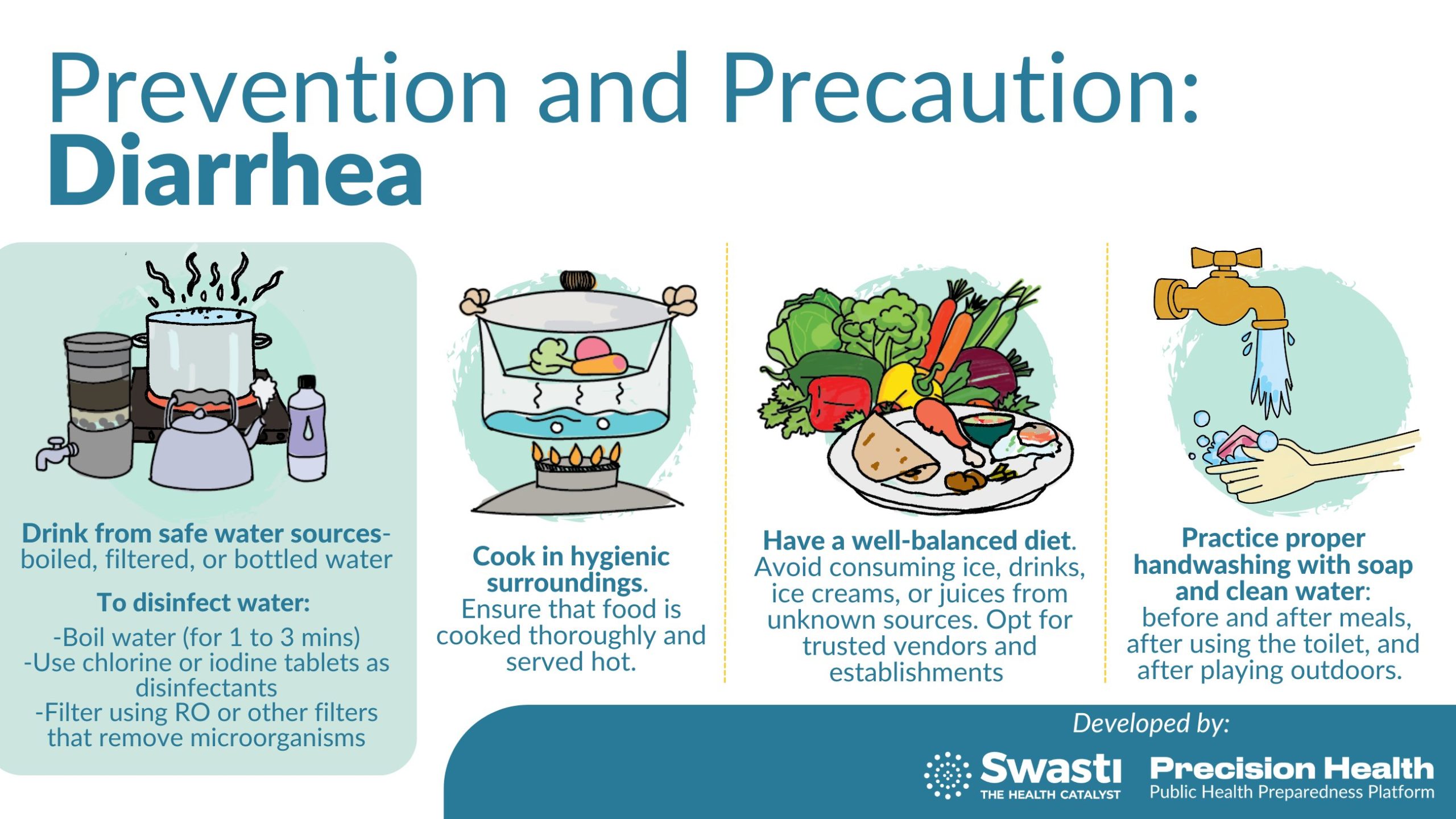
Newsletter | May'24
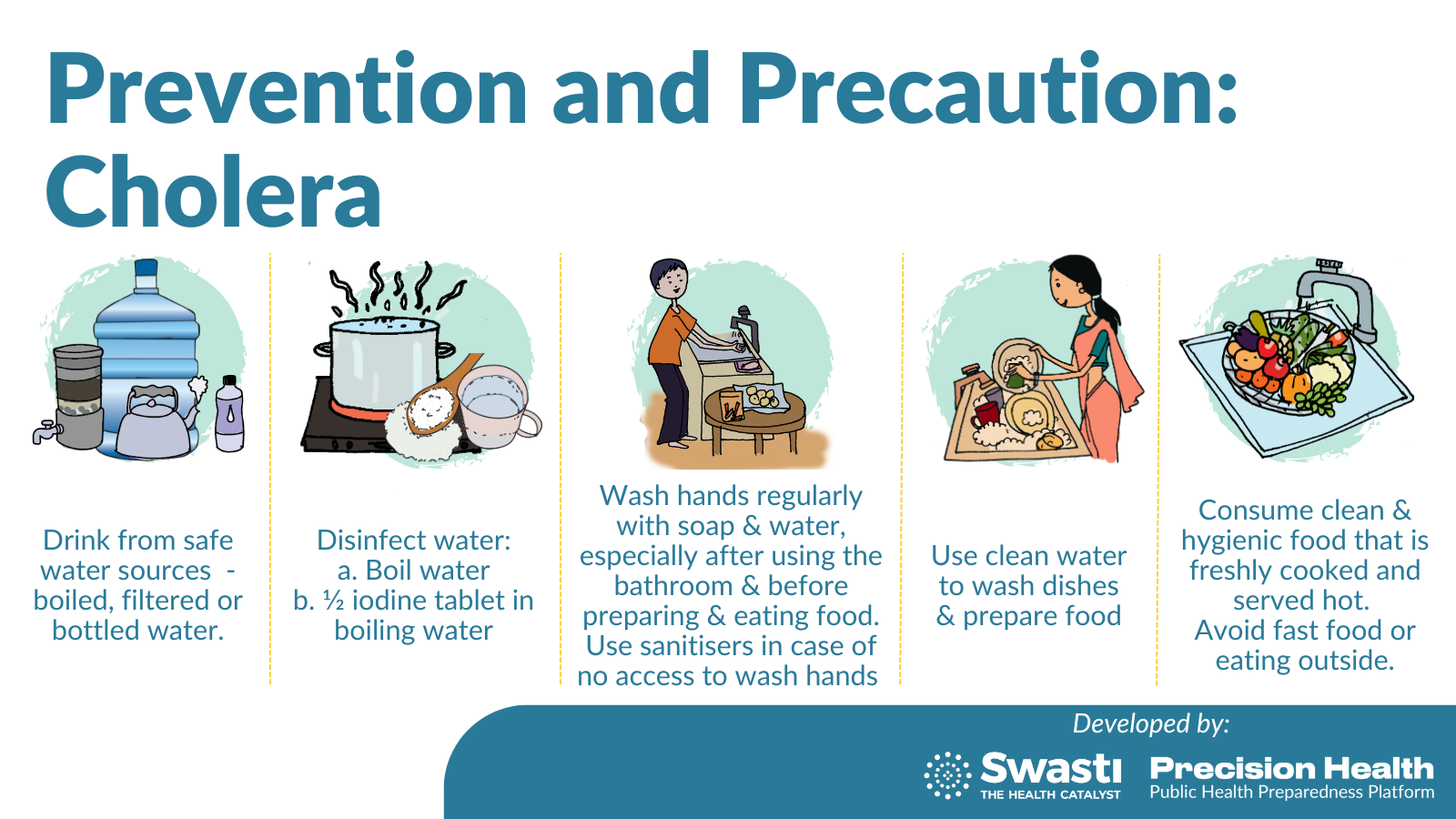
Newsletter | April'24
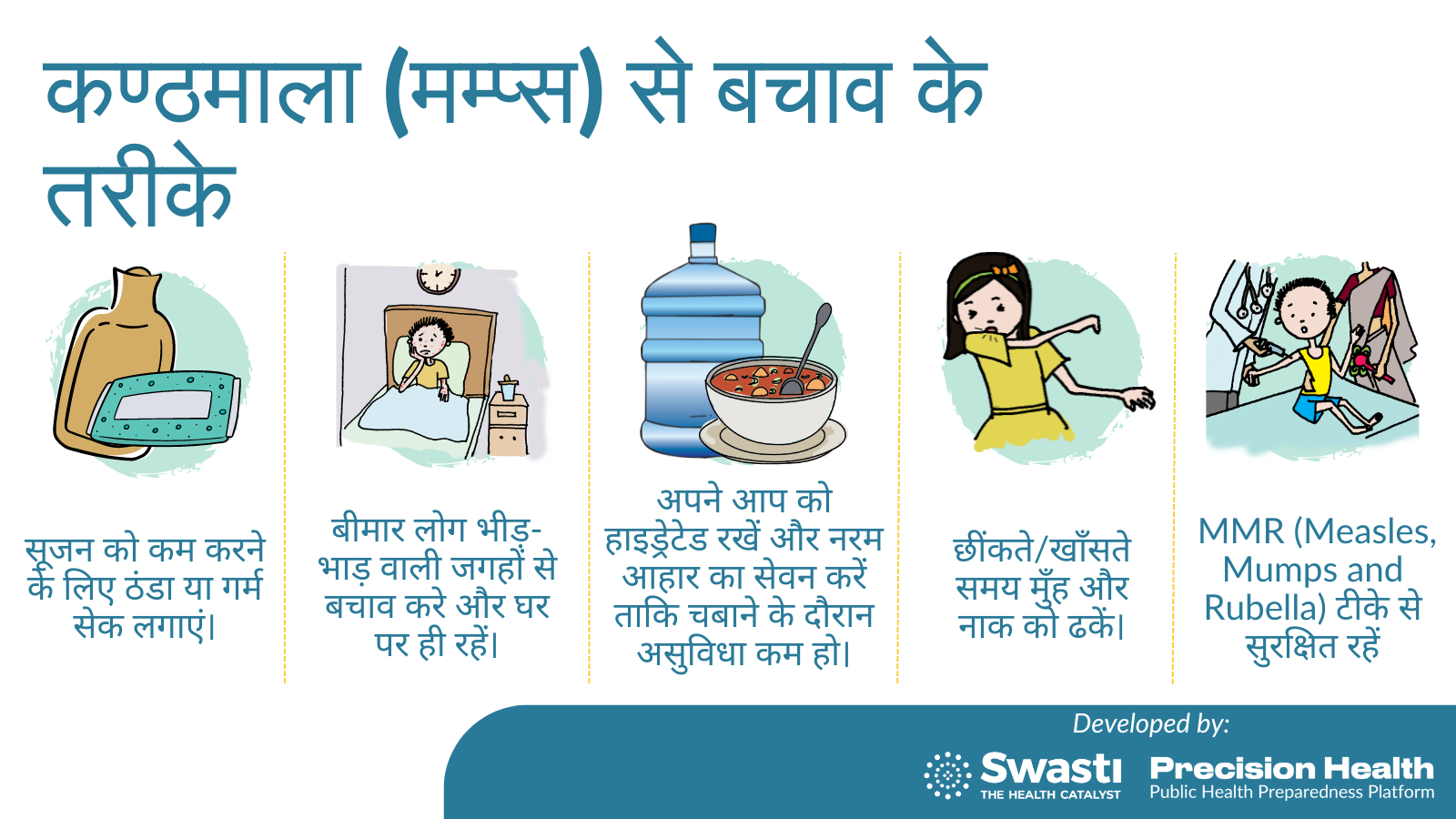
Newsletter | March'24
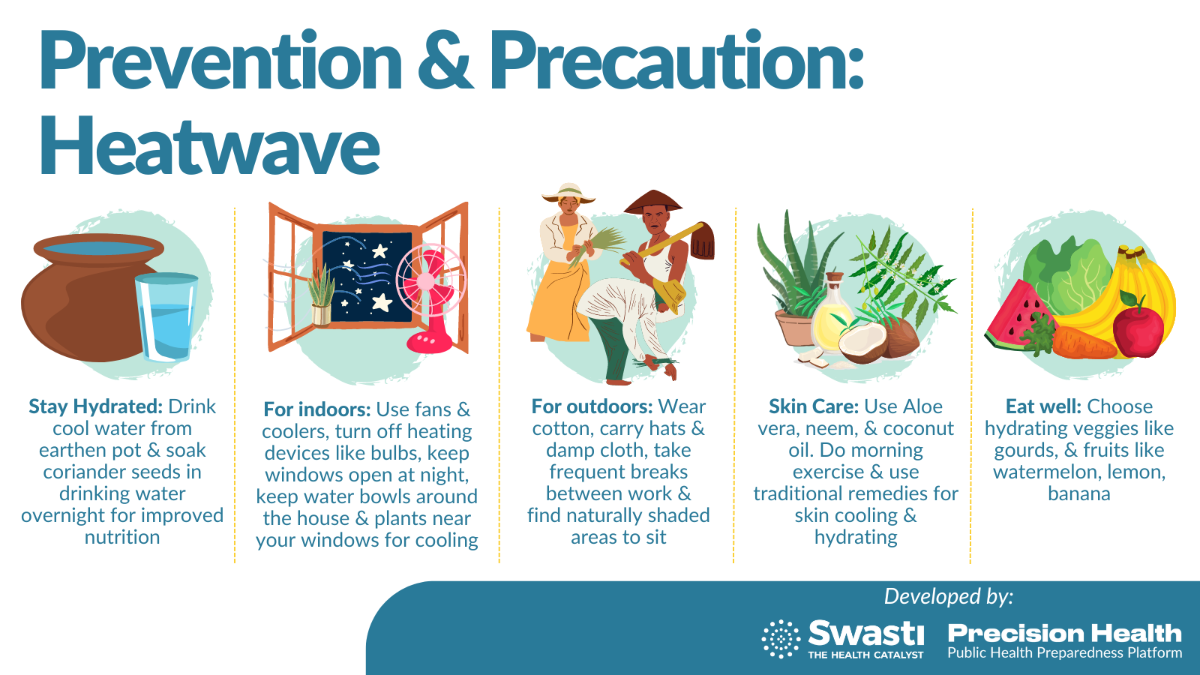
Newsletter | February'24
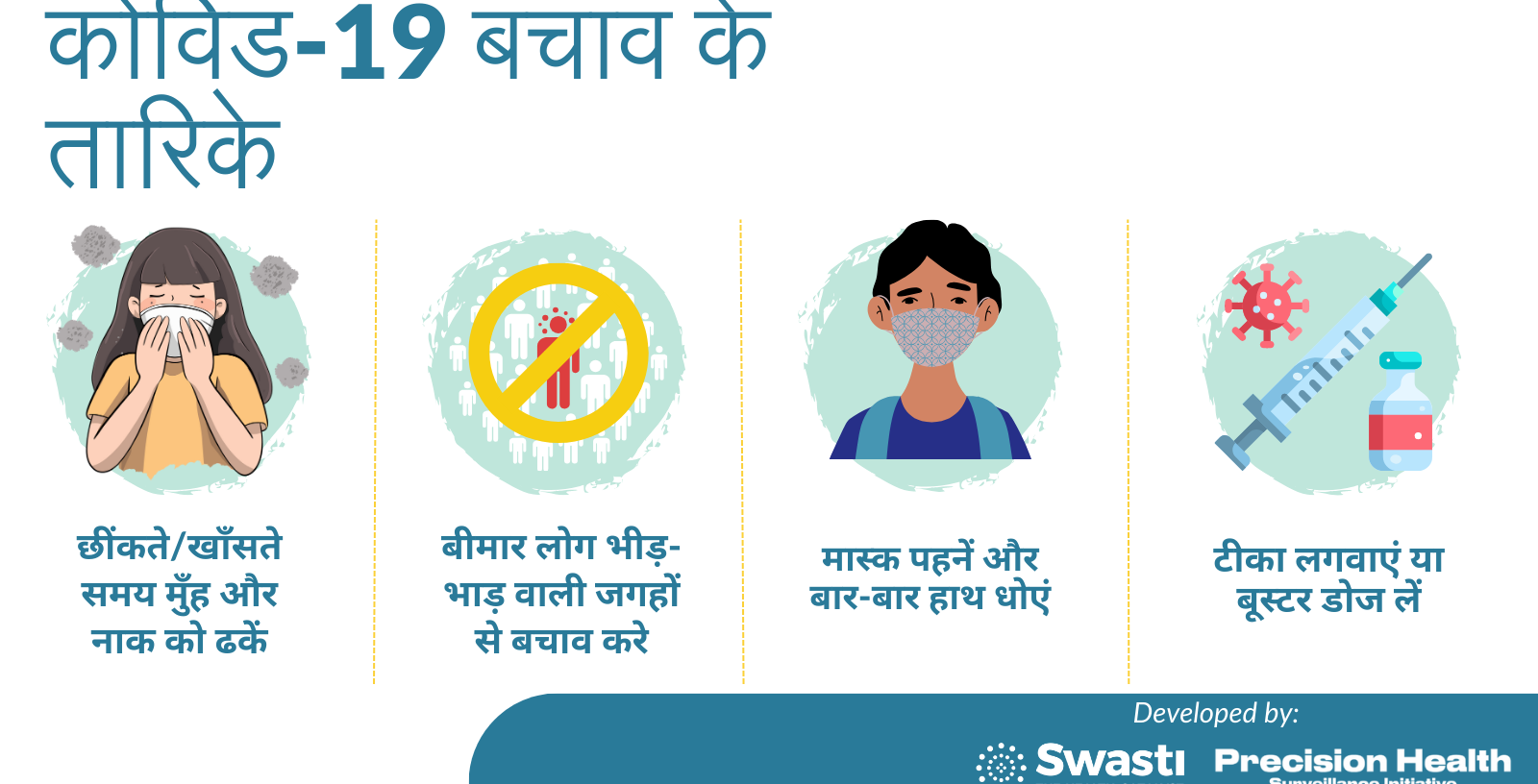
Newsletter | January'24
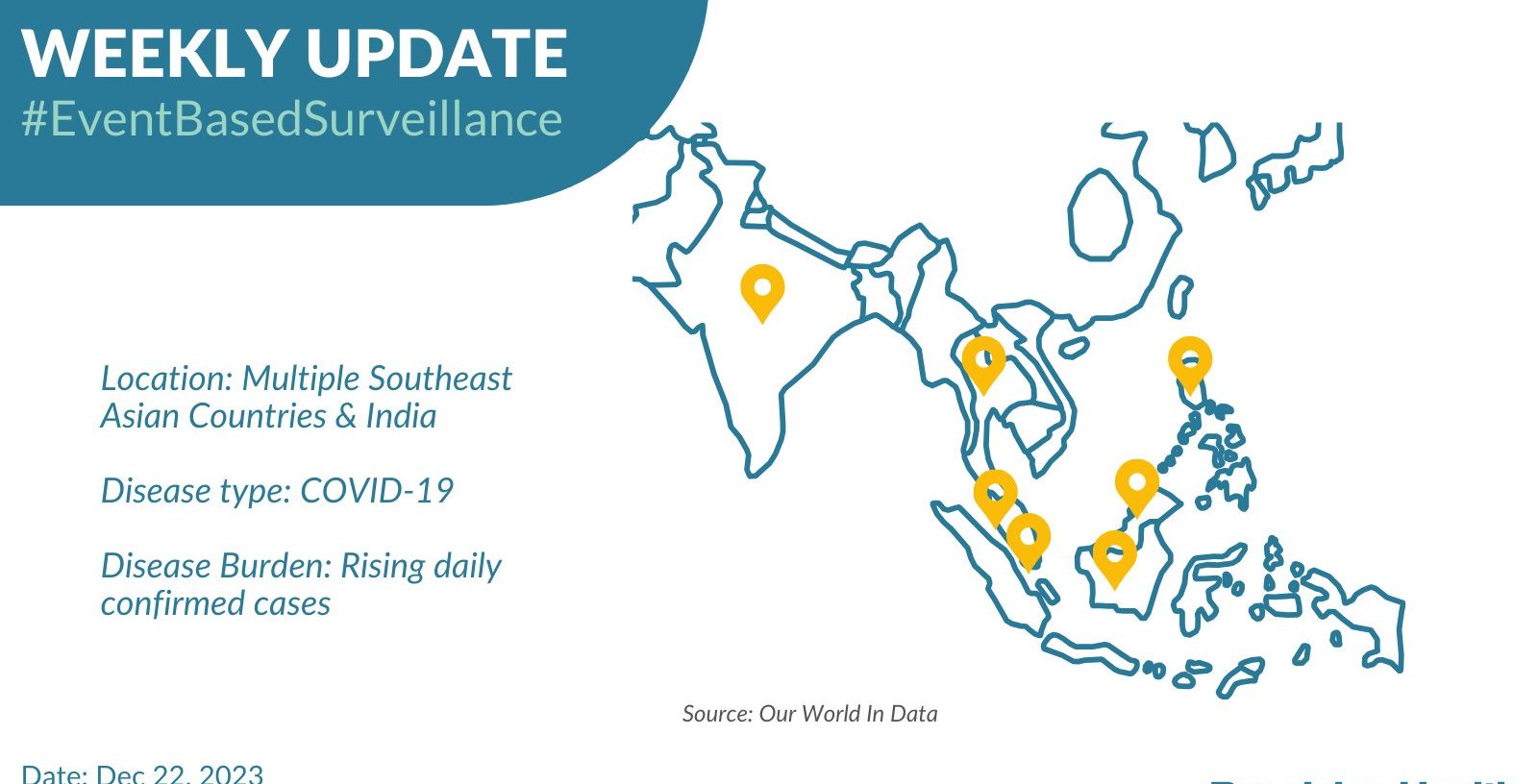
Newsletter | December'23
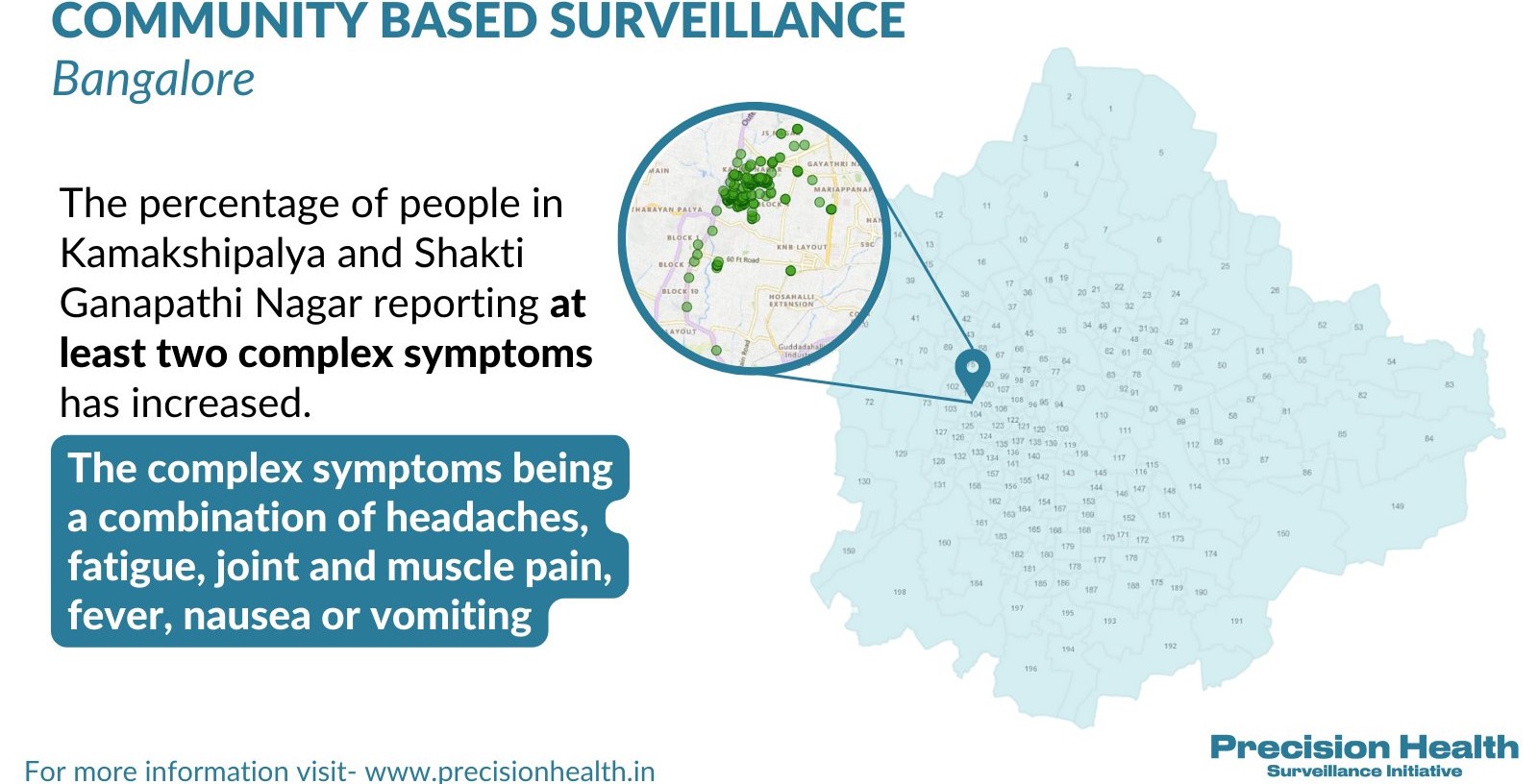
Newsletter | November'23
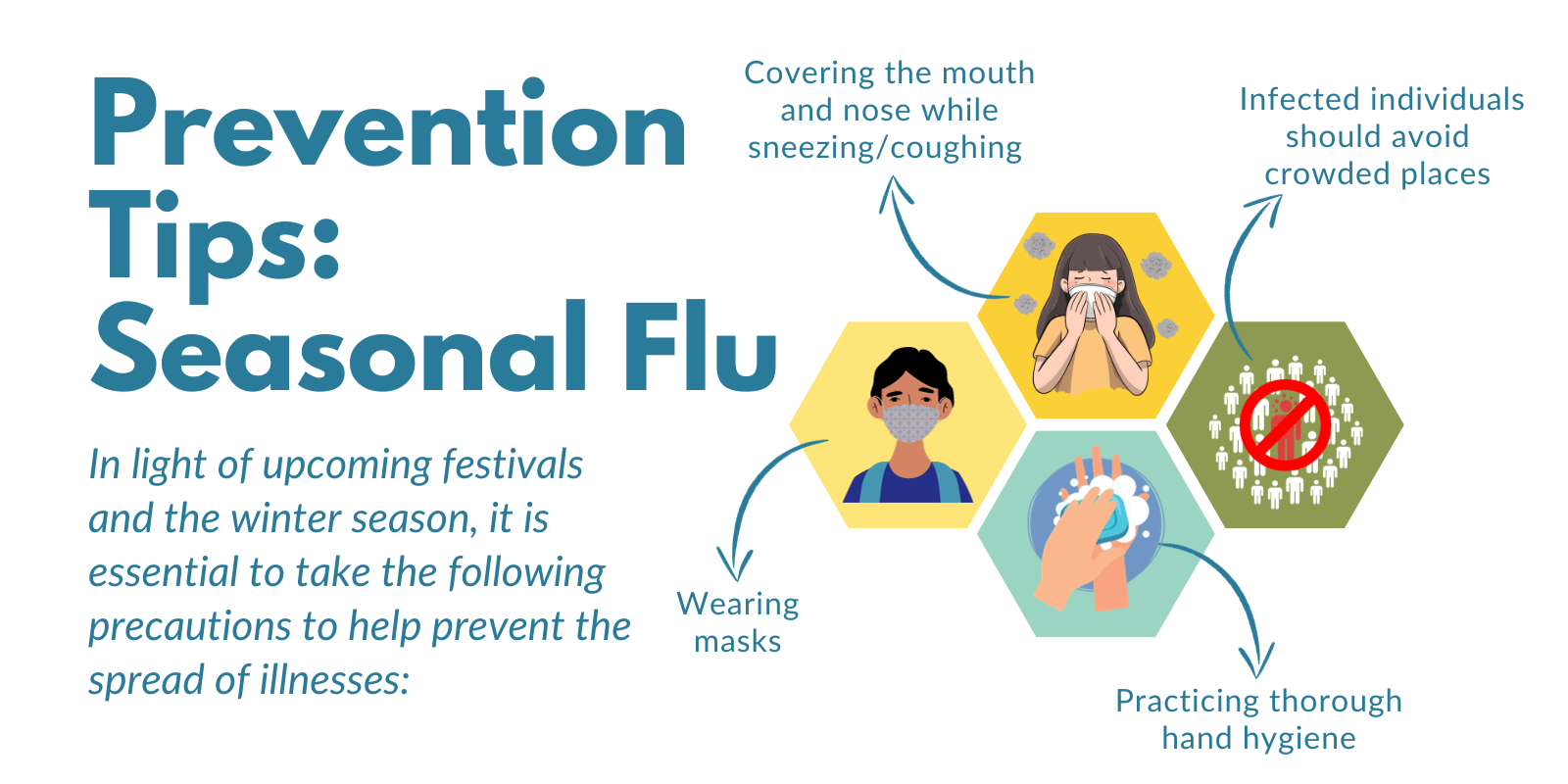
Newsletter | October'23
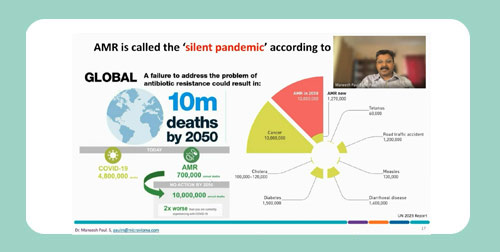
Newsletter | September'23
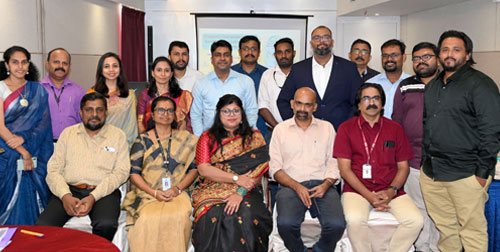
Newsletter | August'23
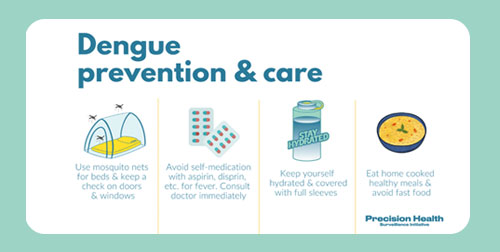
Newsletter | July'23
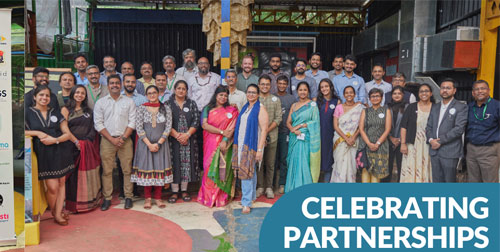
Newsletter | June'23
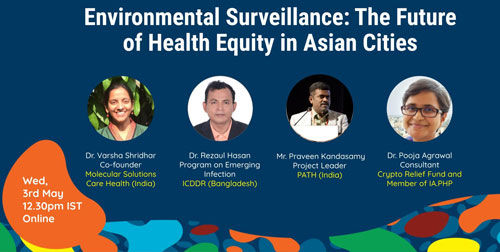
Newsletter | May'23
